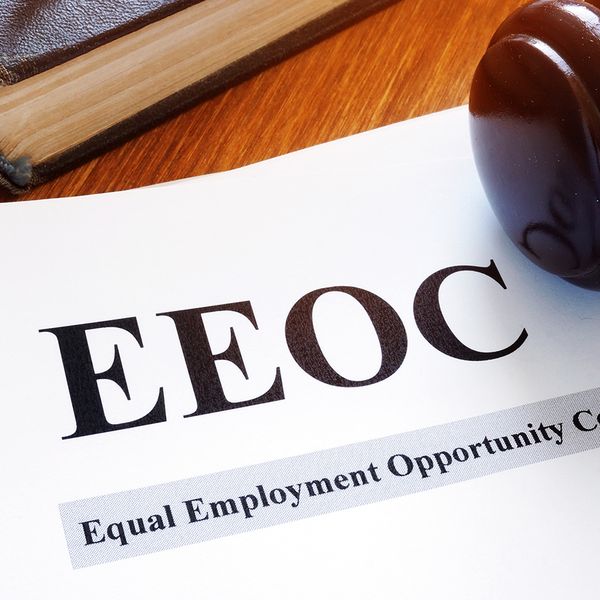Job discrimination doesn’t have to be big to be illegal
For almost three decades, there was a precedent in parts of the U.S. that workplace discrimination in small matters was acceptable. That precedent has been “flattened,” according to one of the justices who ruled on a case that brought that school of thought into question.
5th Circuit reverses course
The 5th U.S. Circuit Court of Appeals in August overruled its longstanding precedent that federal anti-discrimination law only prohibits bias in “ultimate employment decisions” such as hiring, promotions, and setting pay.
The issue came to light when the court revived a lawsuit claiming Dallas County, Texas, required female jail guards, but not men, to work at least one day each weekend.
The 2023 ruling vacated the court’s 1995 decision in Dollis v. Rubin, which blocked litigants from moving ahead with discrimination cases filed under Title VII of the Civil Rights Act of 1964 unless the claimants had experienced an “ultimate employment decision” related to:
- Hiring,
- Granting leave,
- Terminations,
- Promotions, or
- Pay.
A “smaller” matter, such as the complaint about weekend work schedules in the Dallas County case, therefore, would not have been seen as unlawful discrimination per the 1995 decision.
The 2023 court concluded in Hamilton v. Dallas County, however, that in 1995 Dollis erroneously restricted Title VII’s broad prohibitions against employment discrimination.
The precedent set in 1995 imposed stricter standard than Title VII of the Civil Rights of Act 1964 itself, which applies to any “terms, conditions, or privileges of employment.”
“It is no wonder, then, that no other court of appeals applies so narrow a concept of an adverse employment action as the ‘ultimate employment decision’ rule. Satisfied that our ‘ultimate employment decision’ standard lies on fatally flawed foundations, we flatten it today,” Circuit Judge Don Willett wrote for the 5th Circuit.
Other courts abandoned “ultimate employment decision” requirements
This decision in the 5th Circuit falls in line with rulings from the 6th and D.C. Circuits, which have recently overturned similar “ultimate-employment-decision” requirements and expanded the scope of federal anti-discrimination law.
Supreme Court agrees to weigh in
The question of how harmful a discriminatory act by an employer must be to qualify as a Title VII violation will be studied by the U.S. Supreme Court next term.
On June 23, the Supreme Court agreed to hear a case in which it will decide whether Title VII of the Civil Rights Act of 1964 prohibits discrimination in job transfer decisions. The date the court will begin hearing arguments in the case, Muldrow v. City of St. Louis, Missouri, has not yet been set.
In the case, the Supreme Court will examine whether job transfers and denials of requests to move can form the basis of a Title VII claim when these issues don’t impose “materially significant disadvantages” on employees.
What these cases mean for employers
Employers with 15 or more employees are subject to Title VII of the Civil Rights Act of 1964, enforced by the Equal Employment Opportunity Commission. Title VII prohibits employment discrimination based on race, color, religion, sex, and/or national origin.
The Act explicitly states that it prohibits discrimination against any employees or applicants regarding:
- Hiring,
- Termination, or
- Any other term, condition, or privilege of employment.
Despite wrangling in the courts over what the “any other term, condition, or privilege of employment” means, employers are wise to avoid workplace discrimination in matters both large and small.
Key to remember: This case and others indicate that courts are becoming more “employee friendly.” Employers should be familiar with anti-discrimination laws and understand that they apply to workplace matters both large and small.






















































